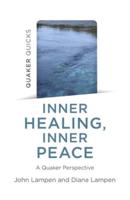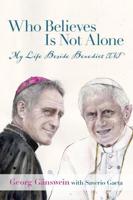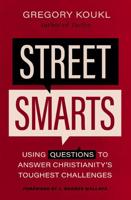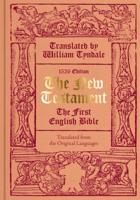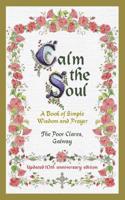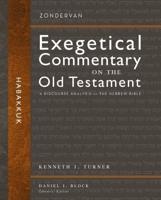Publisher's Synopsis
In the late 1800s the doctrine of Christian perfection as taught by John Wesley was increasingly challenged, paralleled by rising worldly accommodation in the church. Wesley's fear that growing materialism would undo his beloved Methodists was coming to pass. Like their founder, holiness advocates found themselves ostracized and ridiculed. William McDonald (1820-1901)-the second president of the National Camp Meeting Association for the Promotion of Holiness- urged people to remain as holiness missionaries within the Methodist Episcopal Church. Regardless of his best efforts, though, many left or were thrust out by anti-holiness congregations, ministers and bishops. He remonstrated against the move but could not stem the rising tide of "come-out-ism" as holiness people left to form new holiness churches.
It was during this dark time he felt the need to address false claims by the opponents of Christian perfection, especially assertions that claimed Wesley himself did not advocate it as a second work of grace, or if he had, he changed his mind in his later years. This small, easy-to-read volume, John Wesley and His Doctrine, ably rose to the challenge.
The first part of the book is a brief overview of Wesley's life, especially the opposition and persecution visited upon him and his circuit riding preachers. The second part is a comprehensive examination, in easy English, of the objections raised by his opponents at different stages of his preaching career, and his incisive responses.
However, this not merely a historical record recounting events in a distant, irrelevant past. Today, scholars and preachers in many of the same groups that "came out" of the old Methodist Episcopal Church now repeat the same errors of the late nineteenth century, casting aspersion on the doctrine, doubting its historical veracity, and looking askance at those who still hold to it.
In such an environment, McDonald's work rises again to affirm the solid truths of scriptural holiness as proclaimed by John Wesley and the early Methodists.




